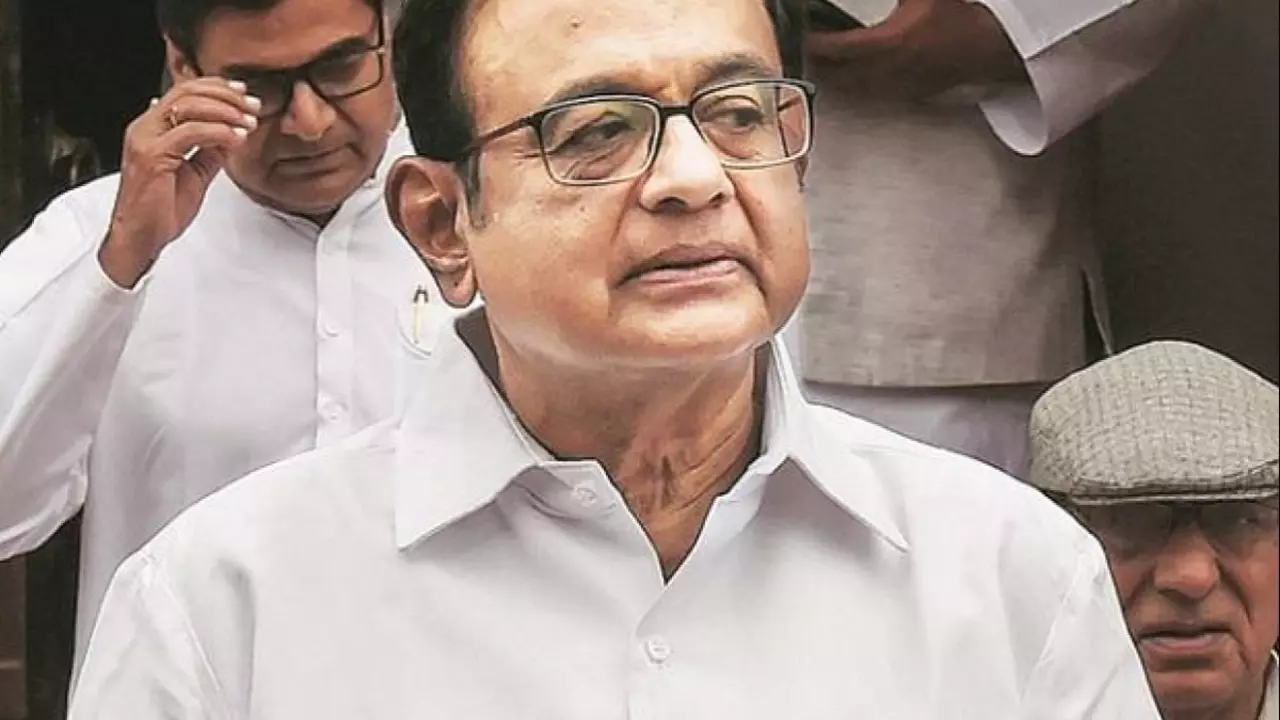Media and Journalism Ethics: What’s Really Happening?
Ever searched for an article, only to find it missing from every news site? That’s not a glitch – it’s a sign of deeper ethical cracks in how news gets made and shared. Below we break down two real cases that show why transparency matters and how commercial pressure can steer journalism away from truth.
Why News Stories Disappear
Take the recent review of The Bengal Files on Lehren. The piece was published, but a quick Google search shows nothing. Other outlets covered the film, yet Lehren’s take vanished from search results. Why? Often it’s a combination of poor SEO, deliberate removal, or algorithm tricks that favor bigger sites. When a story disappears, readers lose a valuable perspective and the author’s work goes unnoticed.
To spot this, check the site’s archive, use the Wayback Machine, or copy the URL into a private browser. If you still can’t find it, reach out to the publisher for a copy. Simple steps like these keep the news ecosystem honest and help preserve diverse voices.
The Real Cost of Media Sell‑Out in India
India’s media landscape is a perfect case study of how money and politics can hijack journalism. Many news houses receive funding from corporate giants or are closely tied to political parties. This creates a subtle pressure to shape stories in favor of powerful backers. The result? Biased reporting, “paid news” where ads masquerade as editorials, and a culture of self‑censorship that silences critical voices.
When journalists start avoiding topics that might upset advertisers or politicians, the public ends up with half‑truths. The loss isn’t just about one story; it erodes trust in the whole system. Readers start doubting everything, which fuels misinformation and polarization.
What can you do? Support independent outlets that disclose their funding, ask for source details, and share stories that challenge the status quo. Your clicks and comments send a message that transparency matters.
Both examples — a missing movie review and the deep‑rooted bias in Indian news — highlight a simple truth: ethics in media isn’t a lofty ideal, it’s a daily practice. Whether it’s keeping search results clean or refusing to let advertisers dictate headlines, every step counts toward a healthier information flow.
So next time you read a headline, ask yourself: Who benefits from this story? Is there a hidden sponsor? And if something feels off, dig a little deeper. The more we demand clarity, the harder it becomes for unethical practices to hide in plain sight.
Stay curious, stay skeptical, and keep the conversation going. Ethical journalism lives as long as readers care enough to hold it accountable.


The Bengal Files review: Why the Lehren article is missing—and what that says about online news
A Lehren review of The Bengal Files could not be found in search results, even as other outlets published their takes. Here’s what likely happened, how these stories vanish, and a simple checklist readers and publishers can use to verify and preserve coverage.
Read More
What is the depth to which media is sold out in INDIA?
In my exploration of media in India, it's clear that the industry is deeply entwined with commercial and political interests. It seems that many media houses often compromise journalistic ethics, influenced by corporate backing or political pressure. This has led to a proliferation of biased reporting and 'paid news'. The independence of journalism is at stake, with self-censorship becoming a norm to avoid conflict with powerful entities. The depth of this 'sell-out' is alarming and calls for a serious reassessment of media ethics in the country.
Read More